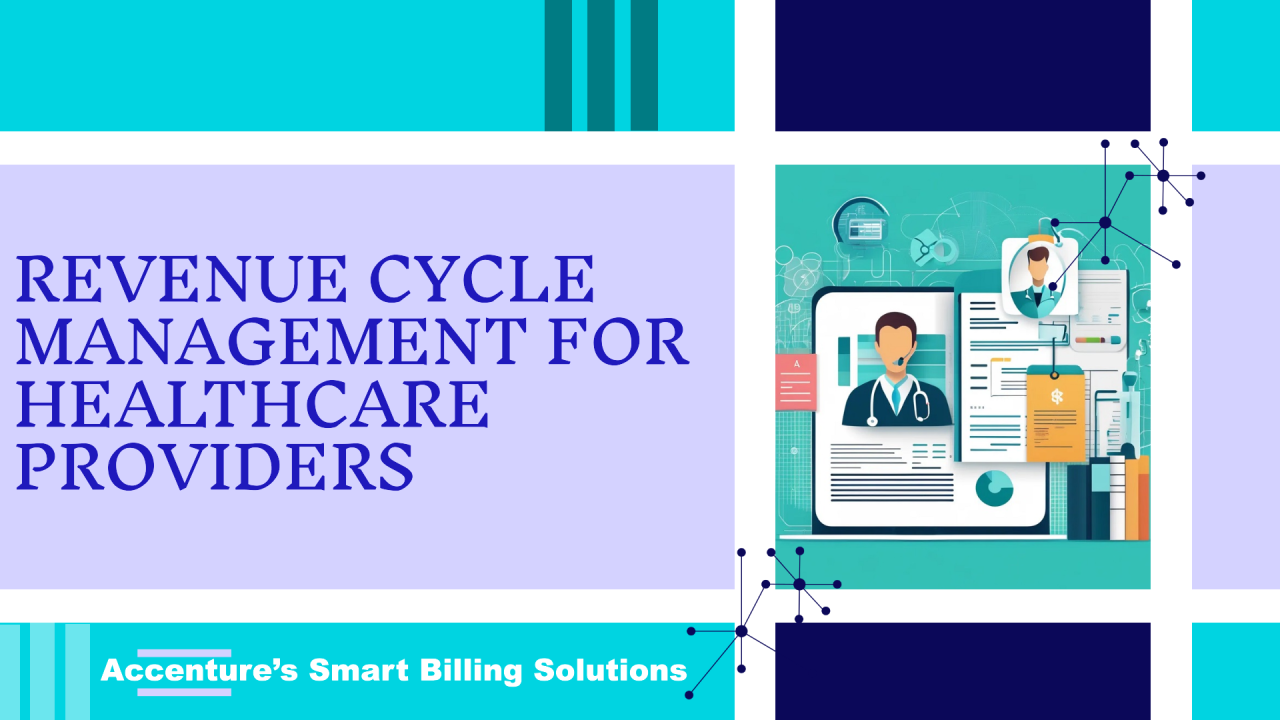1. How to Choose the Right Medical Billing Software for Small Practices?
Selecting the right medical billing software is critical for small practices aiming to streamline their operations and improve revenue cycle management. Key features to consider include ease of use, integration capabilities with electronic health records (EHR), and compliance with healthcare regulations.
Companies like Accenture have been at the forefront, offering solutions that enhance operational efficiency while ensuring compliance. Their software not only automates billing processes but also provides analytics to track performance metrics effectively.
Cognizant Technology Solutions also offers robust medical billing solutions with features like real-time claims tracking and customizable reporting tools. These functionalities enable practices to make data-driven decisions, thereby optimizing their billing processes.
When evaluating software options, it is essential to assess user feedback and performance metrics to ensure that the chosen solution aligns with specific practice needs.
2. What Are the Common Medical Billing Errors and How to Avoid Them?
Medical billing errors can lead to significant financial losses for healthcare providers. Common mistakes include incorrect patient information, inaccurate coding, and missed deadlines for claim submissions.
According to GeBBS Healthcare, ensuring accurate patient data entry and regular training on coding updates can help minimize these errors.
Implementing quality control processes, such as regular audits and utilizing advanced software tools, can further reduce the incidence of billing errors.
For instance, TCS (Tata Consultancy Services) has developed analytics-driven solutions that help identify trends in billing errors, allowing practices to proactively address issues before they escalate.
3. Is Outsourcing Medical Billing a Cost-Effective Solution for Healthcare Providers?
Outsourcing medical billing has become an attractive option for many healthcare providers, especially small to mid-sized practices looking to reduce overhead costs and increase efficiency.
Companies like HCL Technologies and AGS Health provide comprehensive medical billing services, allowing healthcare professionals to focus more on patient care rather than administrative tasks.
By outsourcing, providers can benefit from the expertise of specialized teams who stay updated on regulatory changes and billing best practices.
According to Genpact, outsourcing can lead to significant cost savings, with clients often reporting reduced billing cycle times and increased collections. However, it is essential for providers to thoroughly vet outsourcing partners to ensure they maintain high standards of service and compliance.
4. What Are the Top New Technologies and Innovations in Medical Billing?
The medical billing landscape is evolving with the integration of new technologies aimed at enhancing efficiency and accuracy. Robotic process automation (RPA) and artificial intelligence (AI) are among the leading innovations transforming the industry.
For example, Medusind employs RPA to automate repetitive tasks, reducing errors and increasing processing speed.
Additionally, INFINIT Healthcare leverages AI to enhance claim management processes, enabling predictive analytics that help identify potential issues before they impact revenue cycles.
These technologies not only streamline billing operations but also enhance compliance and improve overall financial performance for healthcare providers.
Healthcare providers must adapt to new technologies and strategies in the evolving medical billing industry to stay competitive.
This includes choosing the right software, minimizing errors, evaluating outsourcing options, and embracing technological innovations. Staying informed and leveraging industry expertise can optimize billing processes and improve patient care.
For more information visit at MarketResearchFuture
Other Trending Reports


